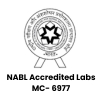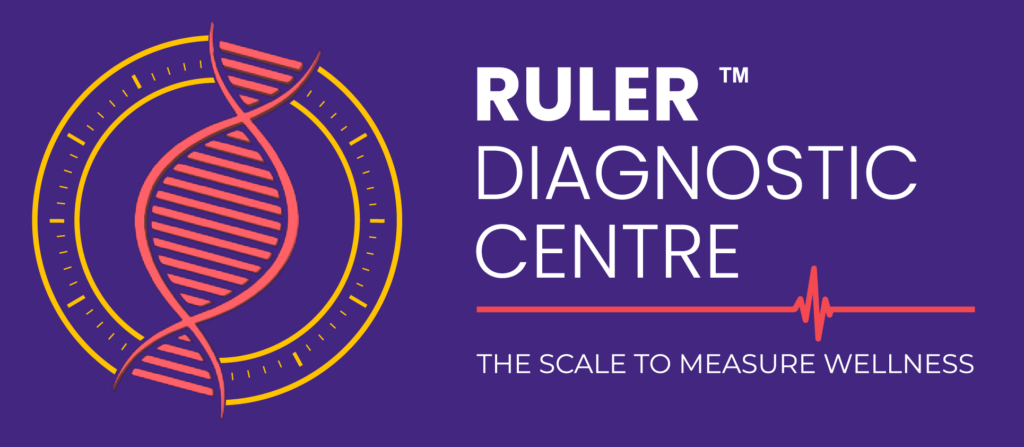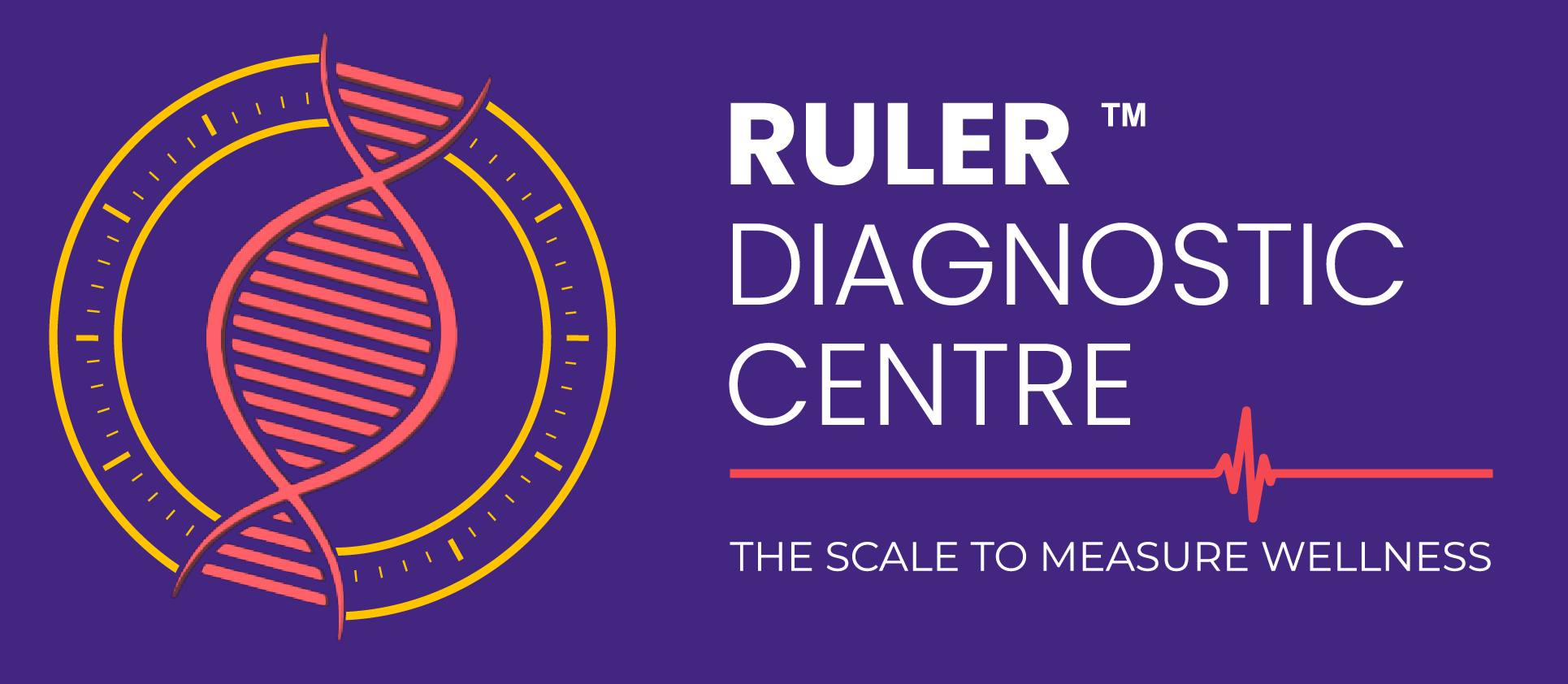New-born & Prenatal Screening Tests

New-born and prenatal screening tests are essential for detecting potential health issues in both expectant mothers and their babies. These tests help identify conditions that can be treated early, ensuring better health outcomes.
Prenatal Screening Tests:
- First Trimester Screening: Includes blood tests and an ultrasound to assess the risk of chromosomal abnormalities such as Down syndrome and trisomy 18.
- Non-Invasive Prenatal Testing (NIPT): Analyzes fetal DNA in the mother’s blood to detect chromosomal disorders.
- Quad Screen: Performed in the second trimester, this blood test measures four substances to assess the risk of certain birth defects.
- Amniocentesis: Involves sampling amniotic fluid to diagnose genetic conditions and neural tube defects.
- Chorionic Villus Sampling (CVS): Tests placental tissue for genetic abnormalities.
New-born Screening Tests:
- Inborn Errors of Metabolism: Newborn screening for amino acids disorders, organic acidurias and fatty acids oxidation defects.
- Phenylketonuria: Phenylketonuria is an inborn error of metabolism that results in decreased metabolism of the amino acid phenylalanine. Untreated PKU can lead to intellectual disability, seizures, behavioural problems, and mental disorders. It may also result in a musty smell and lighter skin.
- Congenital Hypothyroidism: Congenital hypothyroidism is thyroid hormone deficiency present at birth. If untreated for several months after birth, severe congenital hypothyroidism can lead to growth failure and permanent intellectual disability.
- Galactosemia: Galactosemia is a rare genetic metabolic disorder that affects an individual’s ability to metabolize the sugar galactose properly. Galactosemia follows an autosomal recessive mode of inheritance that confers a deficiency in an enzyme responsible for adequate galactose degradation.
- Congenital adrenal hyperplasia: Congenital adrenal hyperplasia is a group of autosomal recessive disorders characterized by impaired cortisol synthesis. It results from the deficiency of one of the five enzymes required for the synthesis of cortisol in the adrenal cortex.
- Biotinidase deficiency: Biotinidase deficiency is an autosomal recessive metabolic disorder in which biotin is not released from proteins in the diet during digestion or from normal protein turnover in the cell. This situation results in biotin deficiency.
- G6PD deficiency: G6PD deficiency is a genetic disorder that most often affects males. It happens when the body doesn’t have enough of an enzyme called glucose-6-phosphate dehydrogenase (G6PD).
- Sickle Cell Disease Screening: Identifies abnormal haemoglobin that can cause anaemia and other complications.
These screening tests are crucial for early detection and intervention, providing a proactive approach to managing potential health issues. Discuss with your healthcare provider which tests are right for you and your baby to ensure the best possible start in life.



